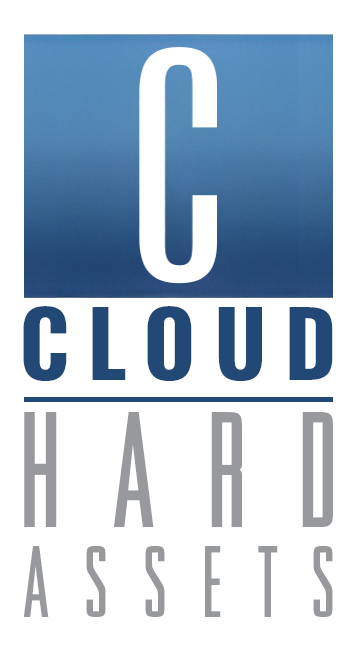
Make sure you’re comfortable with your investment choices and that all your doubts have been fully clarified. A good dealer will patiently answer your questions. Here, you’ll find some frequently asked questions from both new and seasoned precious metal investors.
Still have questions or ready to get started? Feel free to call us at (800)-247-2812.
The ‘dealer premium’ (‘premium’ when used in the context of a DEALER transaction with his/her supplier) states the percentage or fixed dollar amount over the ‘spot price’ that a dealer pays a large wholesaler, financial institution, or federal government on each specific precious metal product. Therefore, the ‘dealer cost’ is the total cost to the dealer including the ‘spot price’ plus the ‘dealer premium’. Essentially the ‘dealer premium’ is the markup that the dealer must pay.
The ‘premium’ is the additional cost over the ‘spot price’ for a precious metal bullion product. On this website and in our literature, the term includes: dealer premiums and commissions, and all shipping/handling and insurance costs.
This is important to note as some dealers quote prices as ‘premium over spot price’ and others quotes prices as ‘percentages over dealer costs’. The dealer costs will be higher than the spot price as it contains the spot price of the metal plus the premium/markup it pays to the supplier.
No, the IRS requires that the precious metals be stored in a third party depository. You can take physical possession of the metals at any time, however, these deliveries are treated as distributions and are subject to early withdrawal penalties and tax liabilities similar to other IRA products. Remember that the IRS has not taxed the value of the metals in the Precious Metals IRA and thus has an interest in it.
In a fungible precious metal certificate program, banks issue certificates for a precious metal which is unallocated. The investor does not take physical possession of the metals, instead he/she buys into an inventory of large bars and coins.
No. Gold American Eagles do not have CFTC-approved contracts. Therefore, these coins in any size are coins that do not have to be reported when a client sells. Note: We are not an accounting firm, registered accountants, attorneys, or tax experts. This information is intended to assist you and is not intended to be used as sole guidance for complying with these regulations. You should always contact your accountant, CPA or attorney with any tax questions, issues or concerns.
The only reporting requirement when purchasing Precious Metals currently involves cash and money orders. You can purchase up to a maximum of $9999 in cash or money order without having to fill out the form 8300 to report the transaction to the IRS. If you write a personal check or wire funds there are no reporting requirements regardless of your purchase size. Note: We are not an accounting firm, registered accountants, attorneys, or tax experts. This information is intended to assist you and is not intended to be used as sole guidance for complying with these regulations. You should always contact your accountant, CPA or attorney with any tax questions, issues or concerns.
This is where the 1099-B form may apply when liquidating certain items. The question involves the type and quantity of product that you are liquidating. Note: We are not an accounting firm, registered accountants, attorneys, or tax experts. This information is intended to assist you and is not intended to be used as sole guidance for complying with these regulations. You should always contact your accountant, CPA or attorney with any tax questions, issues or concerns.
When and if you decide to liquidate your metals, there are a few simple steps to follow that will assure the most accurate and timely transaction. The instructions are similar, but have a few differences if you have physical metals or if you hold a certificate.

